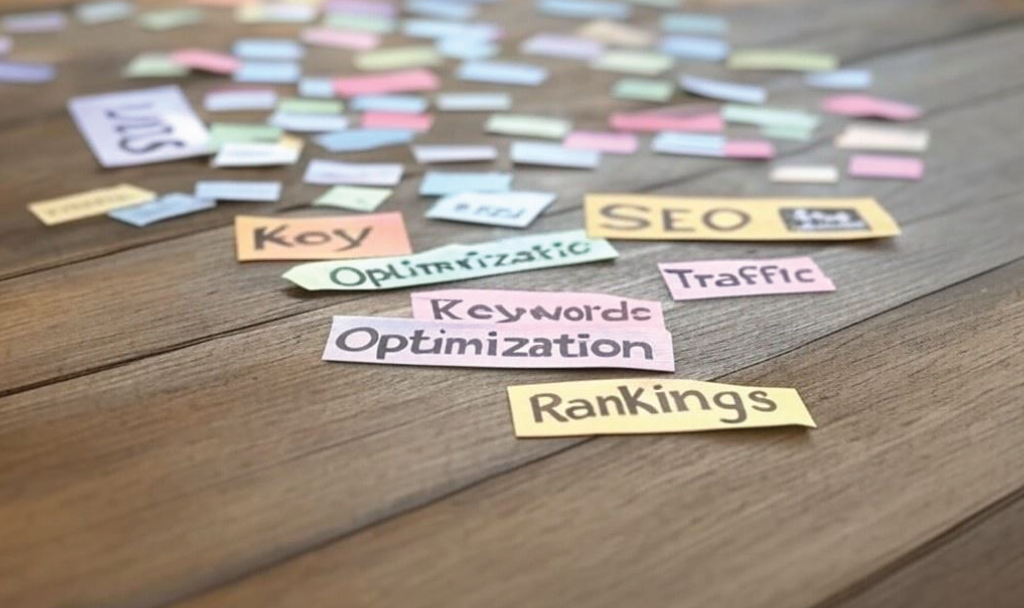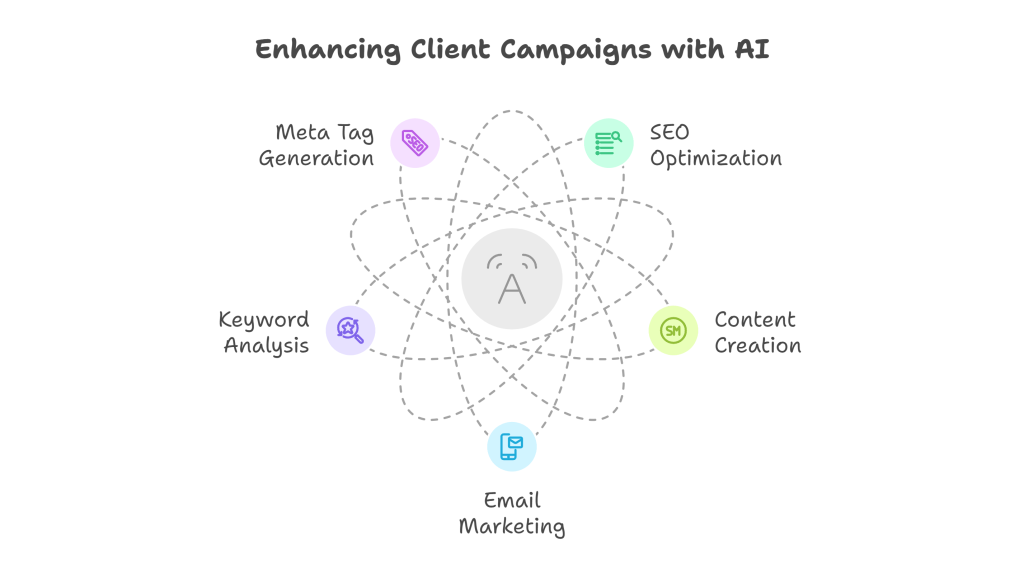As the marketing landscape continues to evolve, artificial intelligence (AI) is reshaping content strategies across industries. By 2025, the integration of AI in content marketing is expected to reach new heights, empowering marketers to create, distribute, and optimize content with unprecedented efficiency and precision. Staying ahead of the curve requires understanding the emerging trends and leveraging AI-powered tools to their fullest potential.
Personalization at Scale
One of the most significant trends in 2025 is the ability to deliver highly personalized content at scale. AI tools analyze user behavior, preferences, and demographics to craft content that resonates with individual audiences. This level of customization was previously achievable only in one-to-one interactions, but AI is making it possible for large-scale campaigns.
Personalized content not only enhances engagement but also boosts conversion rates. AI platforms like WriterX.ai enable marketers to create tailored messaging, ensuring that every piece of content feels uniquely relevant to its target audience.
Advanced Natural Language Processing
Natural language processing (NLP) technology is becoming increasingly sophisticated, allowing AI tools to produce content that mimics human tone, style, and nuance. By 2025, NLP advancements will enable AI to better understand context, cultural subtleties, and emotional cues, resulting in content that feels authentic and engaging.
WriterX.ai leverages NLP to generate content that aligns with brand voice and audience expectations. Discover how NLP influences content creation in Advanced Tips for Perfecting AI-Generated Blog Posts.
Voice Search Optimization
The rise of voice search is transforming how people find information online. By 2025, optimizing content for voice search will be a critical component of SEO strategies. AI tools are equipped to analyze conversational queries and generate content that aligns with how users speak, rather than how they type.
Marketers can use AI to identify voice-search-friendly keywords and phrases, creating content that ranks higher in voice search results. Learn more about optimizing content for SEO in How to Get the Best SEO for AI-Generated Content.
Visual Content Creation with AI
Visual content is becoming a dominant force in digital marketing. From infographics and videos to AI-generated images, visual storytelling will play a crucial role in engaging audiences in 2025. AI tools simplify the creation of visually appealing content, making it accessible to marketers without design expertise.
WriterX.ai integrates with tools like DALL-E to produce high-quality visuals that complement written content. This synergy enhances user experience and boosts engagement metrics. Explore how visuals impact content strategies in Boost Your Website’s Visibility with AI-Enhanced Content Strategies.
Data-Driven Content Strategies
AI excels at processing vast amounts of data, enabling marketers to make informed decisions about their content strategies. Predictive analytics, trend forecasting, and audience segmentation are becoming standard practices, allowing marketers to focus on what works.
WriterX.ai provides analytics that help marketers understand which content resonates with their audience, optimizing future campaigns for better performance. Learn more about leveraging data for content marketing in The ROI of AI in Content: Metrics That Matter for Modern Marketers.
Multilingual Content Creation
As global markets become more interconnected, the demand for multilingual content is growing. AI-powered translation tools are enabling marketers to create localized content quickly and accurately. By 2025, these tools will offer even greater precision, capturing cultural nuances and regional preferences.
Marketers can use AI to expand their reach without compromising the quality of their messaging. This capability is essential for brands looking to establish a global presence.
AI-Powered Content Audits
Quality and compliance are top priorities in content marketing. AI tools perform comprehensive audits to ensure content meets industry standards, aligns with brand guidelines, and avoids issues such as plagiarism or misinformation.
WriterX.ai simplifies the audit process, providing insights into content performance and areas for improvement. Discover the importance of content audits in The AI Content Audit: Ensuring Quality and Compliance.
Collaboration Between AI and Human Creators
Rather than replacing human creators, AI is enhancing their capabilities. By automating repetitive tasks, AI allows marketers to focus on creative and strategic aspects of content creation. This collaboration results in more innovative and impactful campaigns.
Marketers can explore how AI and humans work together effectively in AI vs. Human Writers: Who Wins in the Battle for Content Excellence?.
Sustainability in Content Marketing
Sustainability is becoming a key consideration for businesses. AI helps reduce resource consumption by streamlining workflows and automating processes. By 2025, sustainability-focused content marketing will gain traction as brands prioritize eco-friendly practices.
Preparing for the Future
As AI continues to evolve, staying informed about its applications and trends is essential. By adopting AI tools like WriterX.ai, marketers can future-proof their strategies, ensuring they remain competitive in an ever-changing digital landscape.
AI is revolutionizing content marketing, enabling marketers to create more personalized, efficient, and impactful campaigns. By understanding and leveraging the trends shaping 2025, businesses can harness AI to achieve their marketing goals and connect with audiences in meaningful ways. Explore the possibilities of AI-powered content marketing with WriterX.ai and stay ahead of the curve.











